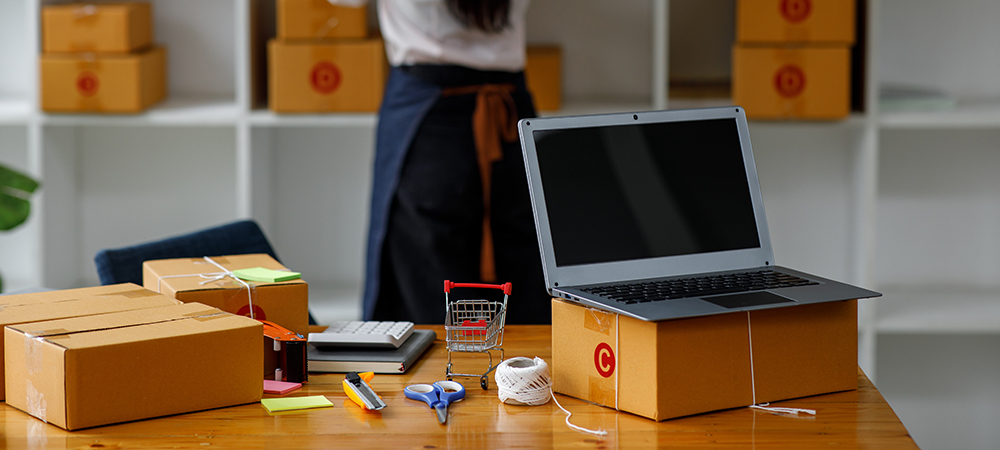The start-up scene, particularly in Indonesia, is now seen as a major factor in the road to economic recovery, due to the successful collaboration between start-ups and the government through the Ministry of Communications and Informatics.
The Indonesian government has been aggressive in promoting the start-up scene with various programmes catering to different stages of start-ups, from early-stage ideation to business matchmaking with industry stakeholders, mainly in vital sectors such as agribusiness and SMEs.
Agriculture, for example, has become the growing sector with a significant increase in export of nearly 10% during the challenging period of 2020’s first semester. Another promising sector is small and medium enterprises (SMEs), which will be an essential driver of the national economy. Currently, there are over 62 million SMEs, or equivalent to one SME for every five Indonesians. Therefore, the use of technology and automation will be a vital movement to help them escalate the business.
Booming tech industry
Just last year, 52 start-ups in Indonesia were able to raise US$1.9 billion, according to the Indonesian Venture Capital and Start-up Association (Amvesindo) and the rise in agriculture and SMEs has driven more start-up industries to scale up. Logistics and supply chain, for example, have seen increased interest from investors, with a huge chunk of resources and funds have been pouring in technology-centred markets such as AgrITech, EdTech and SaaS.
“We have also seen a direct impact on people and communities from the tremendous growth of tech and start-up sectors. An example is the growth of tech-powered logistics and delivery services that have proved invaluable to everyone during this pandemic,” said Semual Abrijani Pangerapan, Director General for Informatics Applications, Ministry of Communications and Informatics.
This is because the tech industry in the region is booming. Southeast Asia already has around 400 million Internet users. This year, it is expected that around 80% of the region’s population (aged 15 and above) will be classified as digital consumers, according to a report by Facebook and Bain & Company.
This bodes well for investors and venture capitalists in the tech industry, such as those who have bases in technology hubs such as Singapore. Investing in tech companies now can put them ahead, as in Indonesia alone, the Information and Communications Technology (ICT) sector is expected to lead economic growth with potential growth of 9.8% to 10.3% in 2022, according to a Fiscal Policy Agency (BKF) projection.




